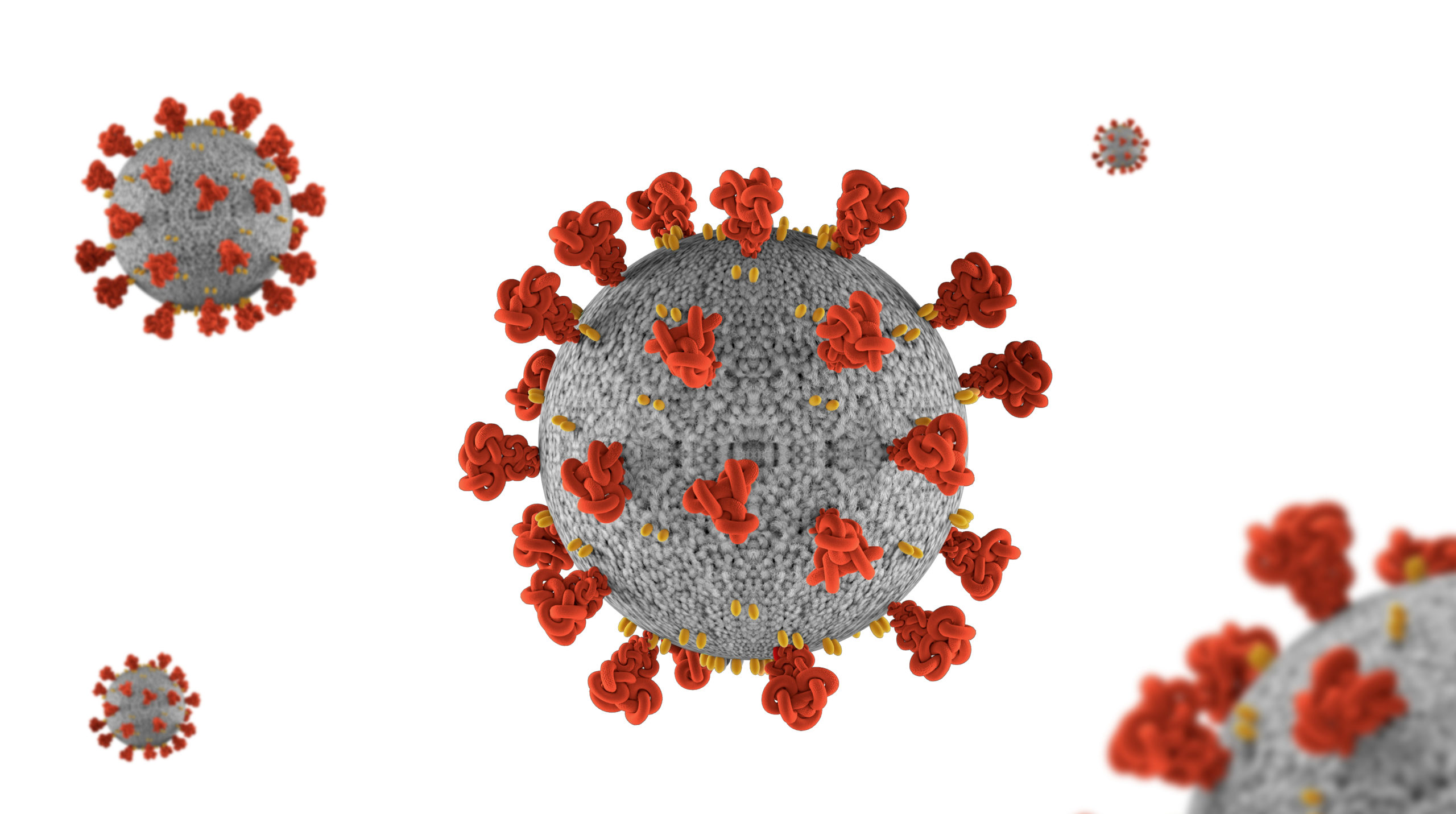The state of New Mexico will ease its mandatory quarantines for those who come to New Mexico from states with lower levels of COVID-19, the governor’s office announced on Thursday morning. Changes will also impact certain places of lodging and allow more capacity.
The changes to the state’s public health order, effective Sept. 4, will not impact what the release deemed “high-risk” states and will replace the quarantine rules that were the strictest in the nation.
The changes impact those from states with a five percent positivity rate or lower over a seven-day rolling average or a case rate of lower than 80 per 1 million residents over a seven-day rolling average. The state will still advise them to self-quarantine, but it will not be mandatory.
Of New Mexico’s neighbors, only Colorado is exempt from the quarantine order.
Those traveling from all other states, including non-New Mexico residents traveling from outside the country, must quarantine for 14 days from when they enter New Mexico. Those from high-risk states will also be advised to be tested for COVID-19 within 5 to 7 days of entry into the state.
“In order to strike a balance between public health and ensuring New Mexicans can live and move safely in a COVID-positive world until the arrival of an effective and widely available vaccine, we have to make tough, strategic and data-driven decisions,” Gov. Michelle Lujan Grisham said in a statement. “As I have said, we have to maintain the necessary precautions to keep the people of New Mexico safe while identifying areas where we can amend restrictions to address our state’s economic crisis. Without a coherent federal plan, we are on our own, and it is up to New Mexicans to keep making the right decisions every day to protect themselves, their families and our state.”
Still, the state reminded residents that any travel remains dangerous for contracting COVID-19.
“Help slow the spread of COVID-19 by reducing travel outside of the home and outside of the state to only what is essential,” the state said in the release.
If any New Mexico resident visits someone who is self-quarantining, they should themselves self-quarantine for 14 days, the state said.
In early August, the state amended the public health order to exempt state residents who traveled out-of-state for less than 24 hours related to parental responsibilities or state residents who left the state to obtain medical care. Those, and other exemptions, remain in place.
Those who have a valid negative COVID-19 test taken within 72 hours before or after their trip to New Mexico also will be exempt from the quarantine order, but should remain self-isolated as long as the tests are pending.
Others that remain exempt for the order are airline employees, those performing public safety or public health functions, military personnel and their dependents, federal employees, those employed by a federal agency or national defense contractor, first responders or health care workers, those traveling to New Mexico pursuant to a court order or those employed or contracted by an essential business..
The new rules apply to dozens of states and a territory: Alabama, Alaska, Arizona, Arkansas, California, Delaware, Florida, Georgia, Hawaii, Idaho, Illinois, Indiana, Iowa, Kansas, Kentucky, Louisiana, Maryland, Minnesota, Mississippi, Missouri, Montana, Nebraska, Nevada, North Carolina, North Dakota, Ohio, Oklahoma, Puerto Rico, Rhode Island, South Carolina, South Dakota, Tennessee, Texas, Utah, Virginia, West Virginia and Wisconsin.
As for hotels and other places of lodging, those designated “safe certified” by the state of New Mexico can operate at 75 percent of maximum capacity as of Sept. 4, above the 50 percent limit currently in place.
“The revision to the public health order to allow greater capacity for NM Safe Certified hotels is welcome news for the tourism industry. I’m confident that the industry will continue to set an example for how businesses can operate safely and responsibly for employees and customers,” Tourism Secretary Jen Paul Schroer said.






















